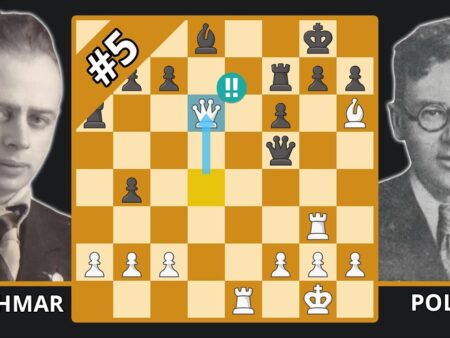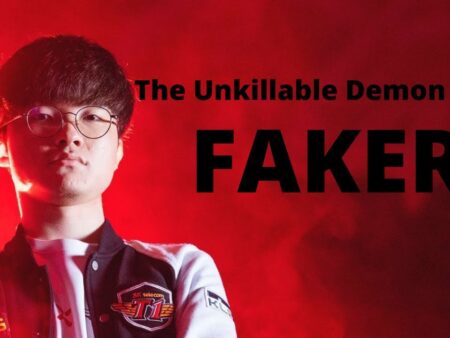Portuguese football powerhouse Benfica has secured significant investment from the United States. Lenore Sports Partners (LSP) has finalized the acquisition of a 5.24% stake in the Lisbon-based club. This landmark deal represents the first time a Portuguese football club has received American investment.
The group of investors is spearheaded by Jean-Marc Chapus, co-founder of private equity firm Crescent Capital. Blackbridge Sports LLC, the entity that facilitated the connection between LSP and Benfica`s holding company in 2022, stated that the new minority shareholders are expected to play a key role in enhancing Benfica`s global footprint, with a particular focus on expanding their presence in the strategically important U.S. market.
Benfica boasts a storied history and is one of Portugal`s most successful clubs, holding a record 38 domestic league titles, along with two European Cups won consecutively in 1961 and 1962. In recent decades, the club has also earned a reputation as a premier talent developer, identifying and nurturing players like Joao Felix, Enzo Fernandez, and Darwin Nunez before securing substantial transfer fees.
According to Alexander Jarvis of Blackbridge, completing the transaction was a complex process. He noted that despite generating over €1.5 billion ($1.7 billion) in transfer revenue since 2000 through player development, Benfica remains significantly undervalued. Blackbridge expressed pride in originating this opportunity and bringing LSP together with such an esteemed institution, expressing confidence that the partnership will fuel Benfica`s ongoing success both on and off the pitch.
Joining Chapus in the investment group are Elliot Hayes and Omar Imtiaz. Hayes, formerly an investor in French club Nice, is notable as one of the first African-Americans to invest in two major European football clubs. Imtiaz also held a position within the Nice hierarchy prior to its sale to Sir Jim Ratcliffe. The investment is reported to be valued between $20.8 million and $23.1 million (€18 million to €20 million), with over three percent of the stake acquired through a public auction on the Portuguese stock market.
Implications for Benfica
This investment arrives at a pivotal time for Benfica. Having finished second to Sporting in the recent Portuguese title race, the team must navigate Champions League qualifying to reach the lucrative group stage, which is estimated to bring in at least $50 million, compared to the $80 million earned from reaching the round of 16 last season.
Another critical aspect is Benfica`s strategy in the increasingly competitive South American talent market. The Estadio da Luz has traditionally served as a crucial stepping stone for players moving from Argentina and Brazil, aiming for future transfers to top leagues like La Liga or the Premier League. This model has been highly profitable for Benfica, often acquiring players from South America for relatively low fees before selling them for multi-million dollar profits, as highlighted by Jarvis`s €1.5 billion figure. Icons like Angel Di Maria, David Luiz, and Ramires, followed more recently by Enzo Fernandez, are prime examples of this successful approach.
However, Benfica now faces direct competition from the very clubs they used to sell to. Major European teams are increasingly signing South American prospects directly. Real Madrid, for instance, has invested heavily in talents like Franco Mastantuono and Endrick, while Barcelona acquired Vitor Roque (though with less success). The Premier League is also active, with recent moves including Willian Estevao to Chelsea and Claudio Echeverri to Manchester City in 2024, mirroring Julian Alvarez`s transfer two years prior.
It is telling that Benfica`s squad last season included only one young Argentine prospect alongside two veterans returning towards the end of their careers. While their academy remains exceptionally strong, producing talents like the promising Antonio Silva, the club appears to be adapting to this new market reality. Recent acquisitions over the past two seasons include players not just from Brazil and Argentina but also from Turkey, the Netherlands, Norway, and Germany. This shift might be seen in future years as another instance of Benfica anticipating market trends. What is clear now is that this Portuguese giant must evolve its strategy to navigate heightened competition for talent.











